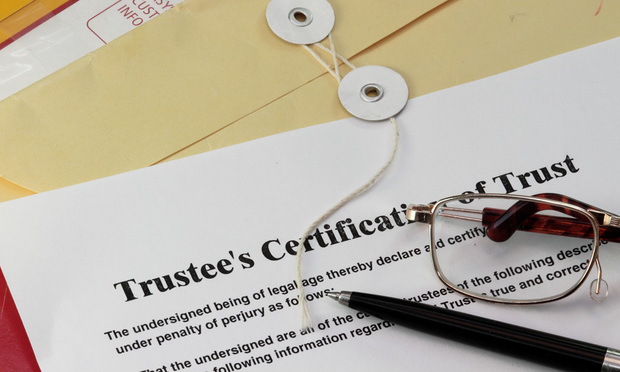Estate planning requires a client to make numerous decisions, and some of those decisions are given a lot of attention — such as, “Who should inherit my property?” or “Should I have a trust to avoid probate?” But one decision in particular rarely receives the attention it deserves, especially considering the risks and consequences that go with it.
Choosing an executor or trustee is a decision that is often downplayed by attorneys and clients alike, usually resulting in the selection of family members with little consideration as to whether the person is equipped and prepared to handle the responsibilities of the position. Considering a family member or loved one as an executor of an estate or trustee of a trust is understandable: It is assumed that a family member would “do the right thing” or would be offended if an outsider was chosen over a loved one. Estate planning clients are inclined to believe that family is a safe and economical choice. Statistically, though, family is just as likely — if not more likely — as nonfamily members to financially exploit relatives, and litigation costs can easily eat up the initial “savings” of not choosing a third-party professional executor or trustee. Aside from theft and exploitation issues, having certain family members control other family members’ inheritances can irreparably damage familial relationships long revered as indestructible, and worse, lead to estrangement.
This content has been archived. It is available through our partners, LexisNexis® and Bloomberg Law.
To view this content, please continue to their sites.
Not a Lexis Subscriber?
Subscribe Now
Not a Bloomberg Law Subscriber?
Subscribe Now
LexisNexis® and Bloomberg Law are third party online distributors of the broad collection of current and archived versions of ALM's legal news publications. LexisNexis® and Bloomberg Law customers are able to access and use ALM's content, including content from the National Law Journal, The American Lawyer, Legaltech News, The New York Law Journal, and Corporate Counsel, as well as other sources of legal information.
For questions call 1-877-256-2472 or contact us at [email protected]







